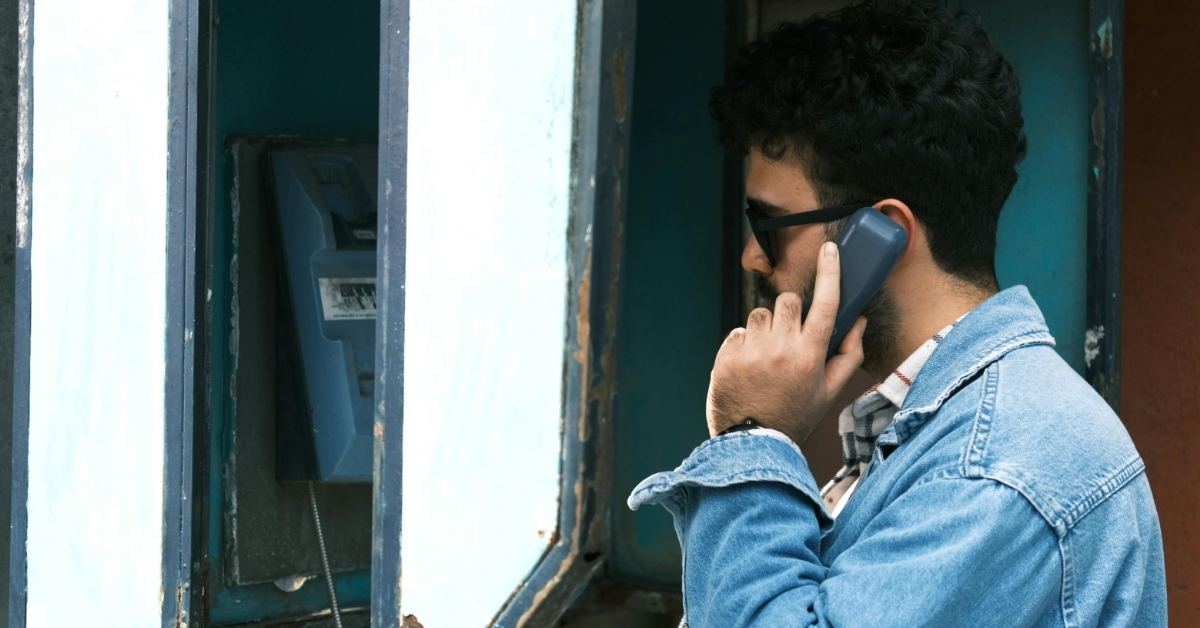Sometimes, hope can have a reputation for being a symptom of wishful thinking, or an unserious pursuit of positivity.
But according to a new study from the University of Missouri, hope is a powerful emotional force that may even be more essential to our well-being than happiness or gratitude.
A team of researchers, led by Megan Edwards and Laura King from the university’s Department of Psychological Sciences, decided to pursue a study outside of the field’s existing belief that hope is tied only to goal-setting and motivation.

“Our research shifts the perspective on hope from merely a cognitive process related to goal attainment to recognizing it as a vital emotional experience that enriches life’s meaning,” said Edwards, who earned a doctorate at Mizzou and is now a postdoctoral researcher at Duke University.
“This insight opens new avenues for enhancing psychological well-being.”
The research, recently published in the American Psychological Association’s “Emotion,” compiled six separate studies with more than 2,300 participants from diverse backgrounds.
Through these studies, the researchers analyzed a range of emotions, such as amusement, contentment, excitement, and happiness. Findings consistently demonstrated that only hope was a consistent predictor of a stronger sense of meaning in life.
“Experiencing life as meaningful is crucial for just about every good thing you can imagine in a person's life,” King said in a statement for the university.
King added that experiencing meaning is a central part of psychological functioning and predicts other important health outcomes, like happiness, high-quality relationships, higher income, and improved physical health.
With their findings in mind, the researchers encourage anyone to do what they can to build hope each day as a way to enhance their quality of life.
One suggestion is to pay attention to and appreciate even the smallest of positive moments, getting people in the habit of noticing when things are going well.

Another suggestion from the researchers is to “seize opportunities,” even in chaotic and uncertain times. Particularly applicable to this moment in time, this practice can help instill a sense of forward momentum and encourage people to appreciate growth in themselves and others.
“Recognizing ongoing progress can inspire thoughts of a positive future,” King and Edwards posit.
The researchers also point to caring and nurturing activities as inherent hope-builders, like tending to children, planting a garden, or taking on a long-term project that requires individuals to invest time and patience for a possible outcome.
And when things are at their bleakest, while it might sound trite, the researchers remind people that nothing lasts forever.
“Situations can change,” a statement from Mizzou concludes. “And hope begins with the belief that they will.”
A groundbreaking study that illuminates the deeper impact of hope, the researchers are eager that it will pave the way for other studies of this nature.
According to the university’s press release, future research aims to explore the power of hope in especially difficult times, with the goal of developing strategies that help people stay hopeful and find meaning in life, especially amid adversity.
“This cornerstone of psychological functioning is not a rare experience,” King said of finding meaning in life. “It is available to people in their everyday lives, and hope is one of the things that make life feel meaningful.”
You might also like: 48 best hope quotes to encourage and inspire you
Header image courtesy of Elina Fairytale/Pexels





